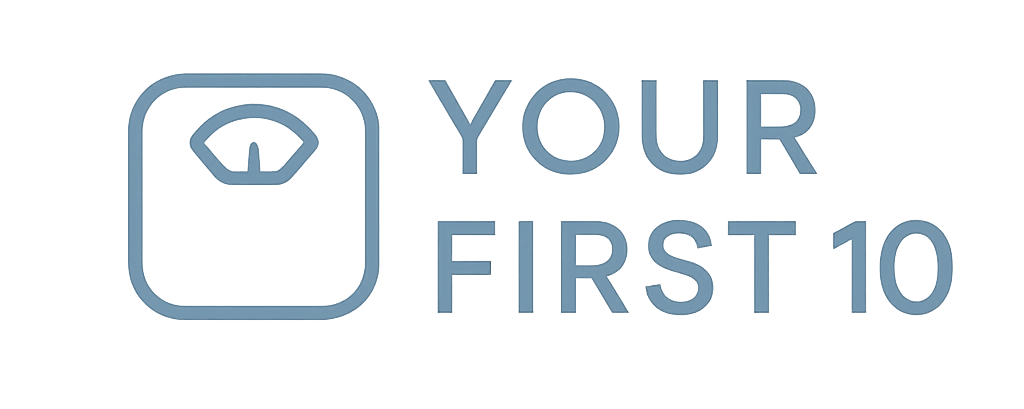Nobody really talks about what happens after the injections stop. Sure, there’s the hunger. The scale doing things you don’t like. The mental math of “how much weight did I lose… and how fast am I gaining it back?”
But there’s something else that hits harder than expected:
The emotional crash.
The sudden drop in motivation. The fog. The low mood. The sense that things feel heavier—not just physically, but mentally.
You’re not broken. You’re not doing anything wrong. But yes, this part is real—and you’re not imagining it.
Why the Emotional Crash Happens
When you were on Ozempic, everything felt quieter. Hunger? Toned down. Food noise? Lower. That constant background stress of “what am I going to eat next” faded. For a while, it was easier to feel in control.
But here’s the thing: GLP-1 drugs don’t just affect your appetite. They also impact brain chemistry. Some people report feeling calmer, less anxious, more focused. So when the medication leaves your system, your emotional baseline can shift too.
Now the cravings are back. Your energy is different. And your mood? It might feel… off. Flat. Maybe even a little panicked.
This doesn’t mean you’re weak. It means your body and brain are adjusting.
What It Feels Like Day to Day
For some, the emotional crash shows up as a wave of sadness or frustration that seems to come out of nowhere.
For others, it’s a slow burn:
- Meals feel harder again
- You find yourself thinking, “Why bother?”
- Motivation drops, even if the weight hasn’t come back
- You miss the calm you didn’t realize the medication gave you
It’s not dramatic enough to call depression—but it’s enough to throw off your rhythm. You feel tired, but wired. Restless, but unmotivated. Like your body wants something but you’re not sure what.
And if you’re juggling work, family, aging parents, and 14 browser tabs in your brain, these feelings hit even harder.
How to Manage the Crash Without Spiraling
First: You don’t have to fix everything overnight.
The goal here isn’t to “snap out of it.” It’s to give yourself a soft place to land while your body recalibrates.
Here are a few things that actually help:
- Eat regular meals — even if you’re not hungry in the morning, don’t skip. Low blood sugar = low mood
- Add protein to every meal. It stabilizes your energy and helps your brain work better
- Move your body gently. Walk. Stretch. Dance in the kitchen if you want. Movement helps regulate your mood, not just your weight
- Name what you’re feeling. Say it out loud or write it down. “I feel off today.” “I feel like I’m failing.” The truth takes power away from shame
And finally: stop expecting yourself to function like you did while medicated. You’re rebuilding. That takes time.
What Support Actually Looks Like Right Now
Support doesn’t have to mean hiring a coach or joining another program right away. It means making sure you don’t go silent on yourself.
Support can look like:
- Telling a friend, “Hey, I’ve been struggling since stopping Ozempic. Can we check in this week?”
- Making a plan for meals—even if it’s just 3 days at a time
- Following people who share helpful, real advice (not toxic before-and-after shots)
- Unfollowing anyone who makes you feel like your body is a project
You don’t need someone to tell you what to eat every second. You need someone to remind you that you’re doing better than you think.
You’re Not Going Backward — You’re Just in a New Phase
The emotional crash after Ozempic is real. But it’s not permanent.
You’re not broken. You’re adjusting.
You learned how to eat differently. You saw progress. Now your job is to build something sustainable. Not perfect—just stable.
This is where your next chapter starts. And it’s not about weight. It’s about trust. Trusting your body. Trusting yourself. Trusting that you can do this without being told what to eat or when.
You don’t need another extreme diet.
You need something that fits your life, your pace, your schedule—and reminds you that results are still possible when the prescription ends.
Need Help Steadying the Ground Beneath You?
Your First 10 is a 30-day program made for this exact moment.
It helps you:
- Build consistent meals (without obsessing)
- Find structure without restriction
- Lose or maintain weight in a way that actually lasts
Whether you’re restarting or just trying to avoid sliding back, Your First 10 gives you the tools, mindset, and meals to stay in motion—without guilt.
👉 Try Your First 10 here — and feel steady again, one simple step at a time.


